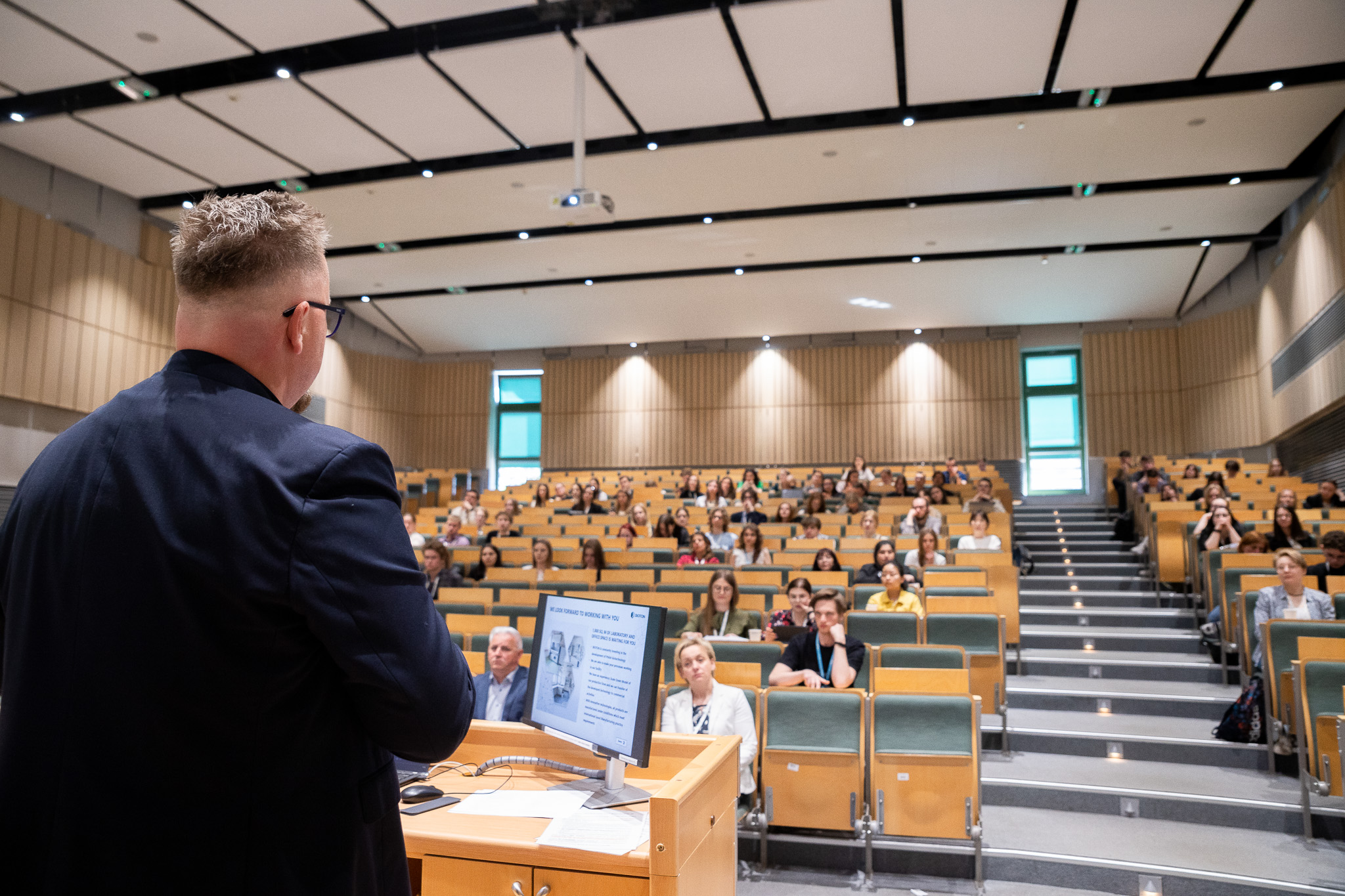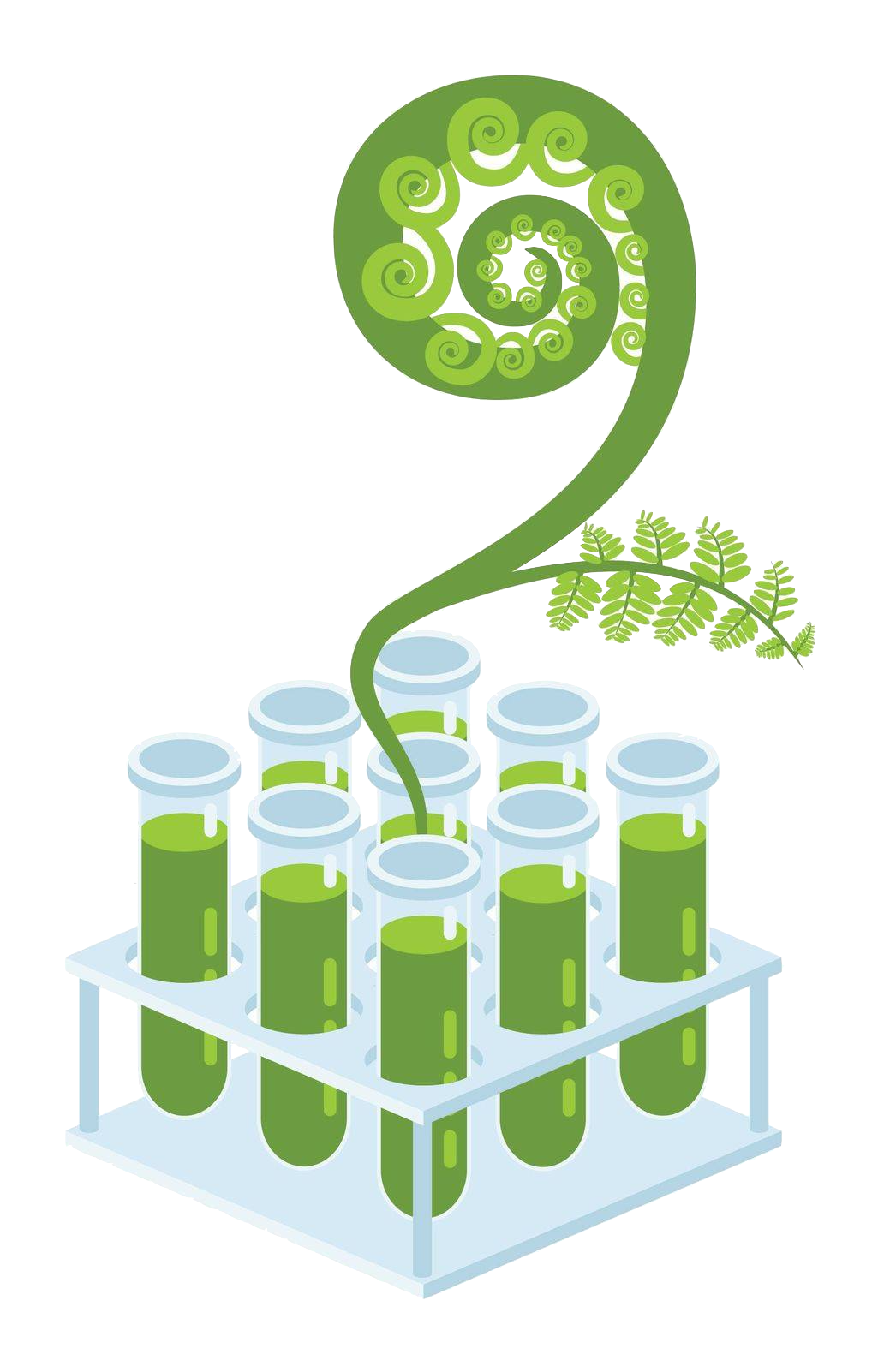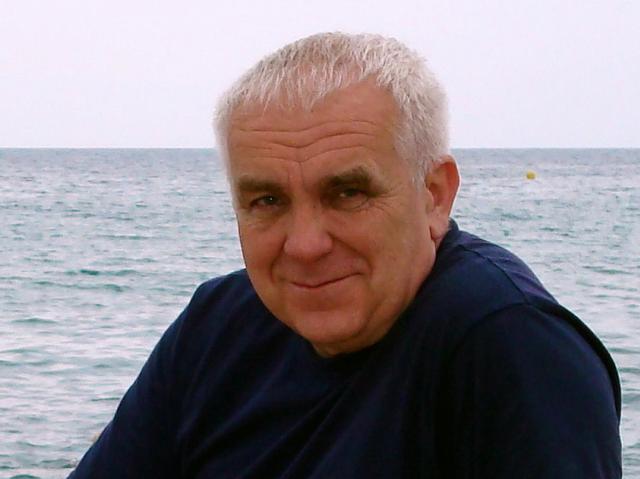About
The roots of Symbioza
Symbiosis, in Polish Symbioza, is a type of inter-species interaction that leads to mutual benefit. In 2011, we, the students of the three most important Warsaw universities (the University of Warsaw, Warsaw University of Technology, and Warsaw University of Life Sciences), compared the curricula of biotechnology at all the universities. It was apparent that they were so different, but it was impossible to say which program was the best. In a sense, the three universities and their students complemented each other. Upon agreement that celebrating the differences without indicating a leader is worthy, we decided to organise a nationwide conference to celebrate this scientific “Symbioza”. Now, we are about to organise it for the 12th time, now operating all together as the Warsaw Society of Biotechnology.

Year by year
Previous editions











Archive page of each edition will be added soon
responsible science
In Symbiosis with Ukraine
Despite the current political wind blowing, we proudly stand with Ukraine and support Ukrainian researchers. Since the beginning of the Russian invasion in 2022, we declare that remote participants with Ukrainian affiliations are exempt from the conference fee. This exemption serves as a symbolic gesture, demonstrating our support and ensuring that our Ukrainian colleagues have equal opportunities to participate and contribute to the symposium. Through this small gesture and ongoing efforts, we strive to strengthen the bond between our two nations, promoting academic and cultural exchange while standing together in the face of adversity. We believe that together we can build a brighter future founded on cooperation and symbiosis.

Our roots
Patron
Professor Szewczyk is a distinguished expert in industrial biotechnology and bioprocess engineering, with international recognition. A co-founder of the Biotechnology program at Warsaw University of Technology (WUT), he served as the director of the Intercollegiate Biotechnology Centre (2007-2008) and head of the Department of Biotechnology and Bioprocess Engineering (2006). Known for his exceptional teaching, he received the Silver Cross of Merit (1995) and the Commission of Education Medal (2003). He was a key member of the Polish Academy of Sciences and held leadership roles in the Polish Federation of Biotechnology. With over 120 scientific articles, six patents, and eight student handbooks, he left a lasting legacy in both academia and the field of biotechnology. Beyond his professional work, he was a passionate classical music lover and chess enthusiast.